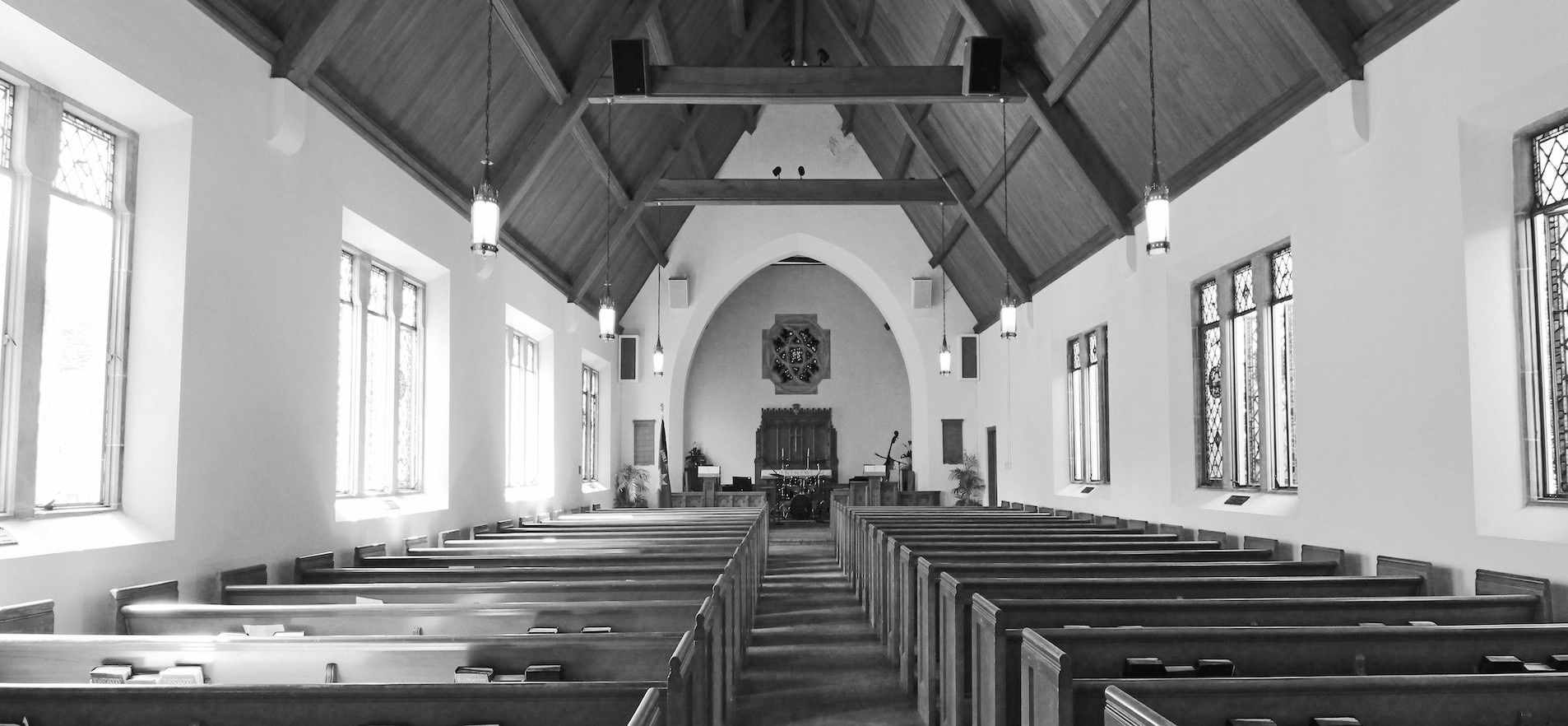Episode 114: The Resilient Pastor (Pt. 1)
In this episode (part one of two) we sit down with Glenn Packiam to talk with him about his forthcoming book The Resilient Pastor: Leading Your Church in a Rapidly Changing World. (Releases in February—order HERE.)

Be sure to subscribe to our YouTube Channel and follow us on Instagram, Facebook and Twitter to stay connected with us throughout the week!
In some ways the pandemic was the instigator of new changes… in other ways it accelerated some that were already in process… and in still other ways it revealed changes that had happened that maybe we had masked over…
The tectonic plates that have shifted are Christianity and country… many of the things that we take for granted in Western civilization (like civil rights) have Christian roots… but now Christianity no longer has a prominent place…
The big question for Western civilization is whether we can keep the fruit of a Christian culture when it is severed from its roots…
To say that we are in a “secular age” does not mean that we are post-religion, it means that we have decoupled the relationship between religion and the ordering of society…
Now we are seeing a surge in the gap left by that decoupling… one of the elements of that surge is a new pluralism in the West which is syncrestic and imperialistic… the new pluralism is where people say “I’ll take a dash of Buddhism and a dash of Hinduism and a little Christianity…”
In a way, the new pluralism is a response to religious fundamentalism… if embracing religions in their totality is seen to be evil, then taking a little of each is a way of hedging our bets…
One of the challenges here is that when I’m in conversations with people and they are leveraging a critique against the church, they don’t recognize that many of those critiques are dependent on what the church has taught…
There’s a greater burden now on the church to show that what it is teaching is good… that religion is good is no longer taken for granted… there’s an invitation of the Spirit here to show how what we believe is good for civil society…
Christianity at its best has always at its best has been able to name what is good about different religions and systems of thought while also showing how Christ corrects and completes them…
Another element of the surge is a new kind of paganism… in the old paganism, you used the gods as means to your own end… the new paganism is things like technology, commerce, and politics… it is a way to get what I want and make me feel better…
 Be sure to subscribe to our
Be sure to subscribe to our 



